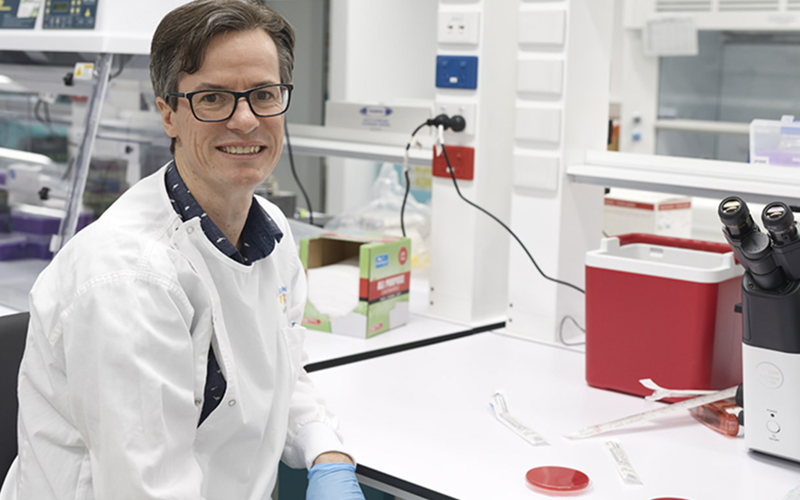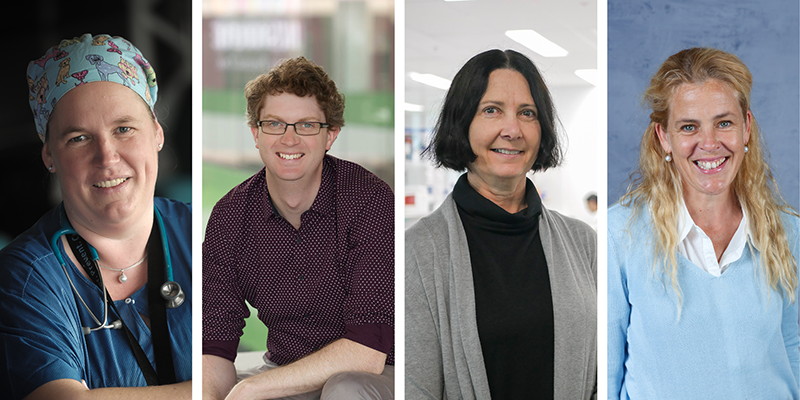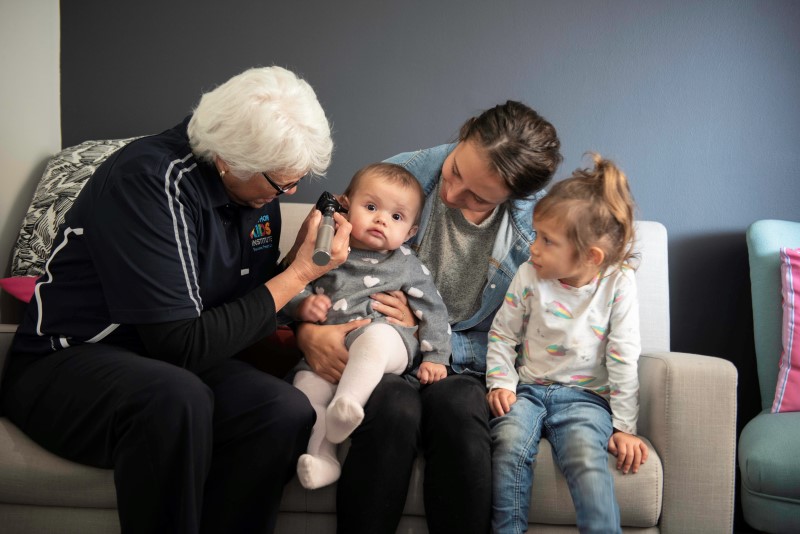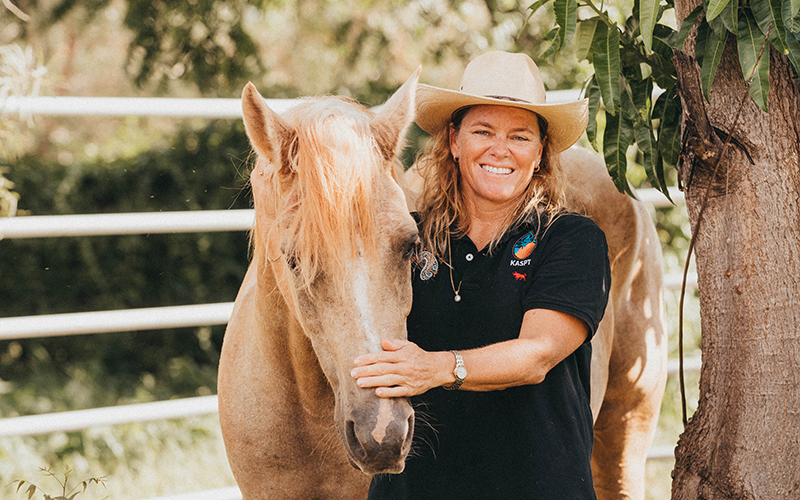Search

News & Events
WA Health funding supports development of rapid test for antibiotic-resistant skin infections in Aboriginal childrenA rapid test to detect antibiotic-resistant skin infections in Aboriginal children could be a step closer, thanks to support from the FHRIF.

News & Events
Funding boost to help turn research into practical changeResearch projects sharing in a $2.1 million funding boost will seek to translate research findings into changes that benefit patients and help the health system run more efficiently.
Research
Ending rheumatic heart disease in Australia: the evidence for a new approachThe RHD Endgame Strategy: the blueprint to eliminate rheumatic heart disease in Australia by 2031 (the Endgame Strategy) is the blueprint to eliminate rheumatic heart disease (RHD) in Australia by 2031. Aboriginal and Torres Strait Islander people live with one of the highest per capita burdens of RHD in the world.
Research
Relevance of Aboriginal Peer-Led Parent Support: Strengthening the Child Environment in Remote AreasThis research highlights the critical emerging role of peer support workers in home visiting family support in a remote area of Australia
Research
Delivering Elder- and Community-Led Aboriginal Early Childhood Development Research: Lessons from the Ngulluk Koolunga Ngulluk Koort ProjectWe describe the application of a participatory action research methodology that is grounded in Aboriginal worldviews
Research
BUILDING A STRONGER TOMORROW: Connecting our communities through CultureBring together experts, leaders and members of the national and international Indigenous community to identify culturally appropriate approaches to suicide prevention
Research
Wongi mi bardup (doing it our way): Methodologies promoting Aboriginal knowledges and cultural practices for Birthing on Noongar BoodjarThis paper sets out the methodological and theoretical considerations which framed how the Birthing on Noongar Boodjar project was conducted
Research
Indigenous compared with non-Indigenous Australian patients at entry to specialist palliative care: Cross-sectional findings from a multi-jurisdictional datasetIndigenous patients are substantially underrepresented in care by services participating in the nationwide specialist palliative care Collaboration, likely reflecting widespread access barriers.

News & Events
New Aboriginal Cultural Guidance Advisor appointedThe Wesfarmers Centre of Vaccines and Infectious Diseases has appointed Mrs Valerie Swift to a newly created Aboriginal Cultural Guidance Advisor position.

News & Events
Major funding boost for innovative Yawardani Jan-ga programA trail-blazing Aboriginal-led program which uses equine-assisted learning to address the urgent needs of young Aboriginal people across the Kimberley has been given a major funding boost, thanks to a generous grant from Healthway.
